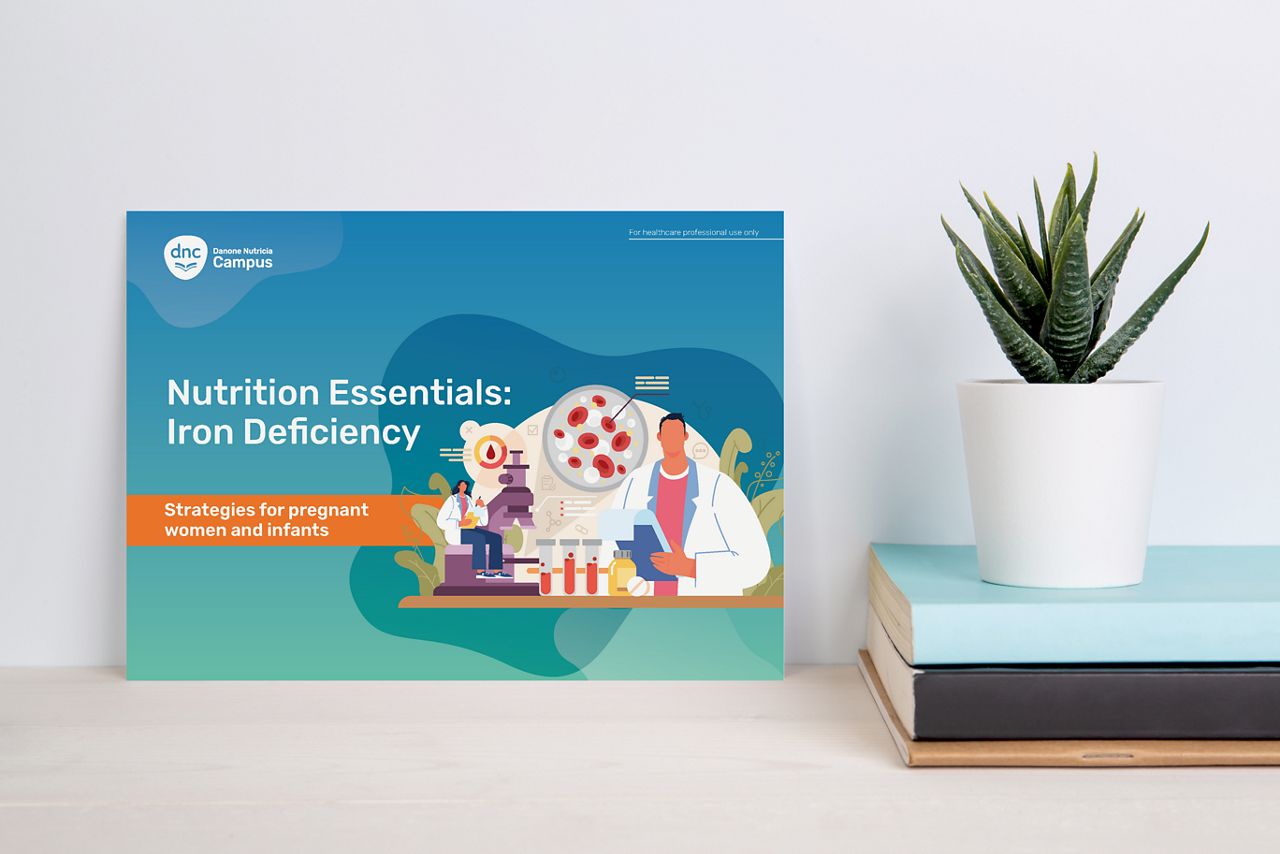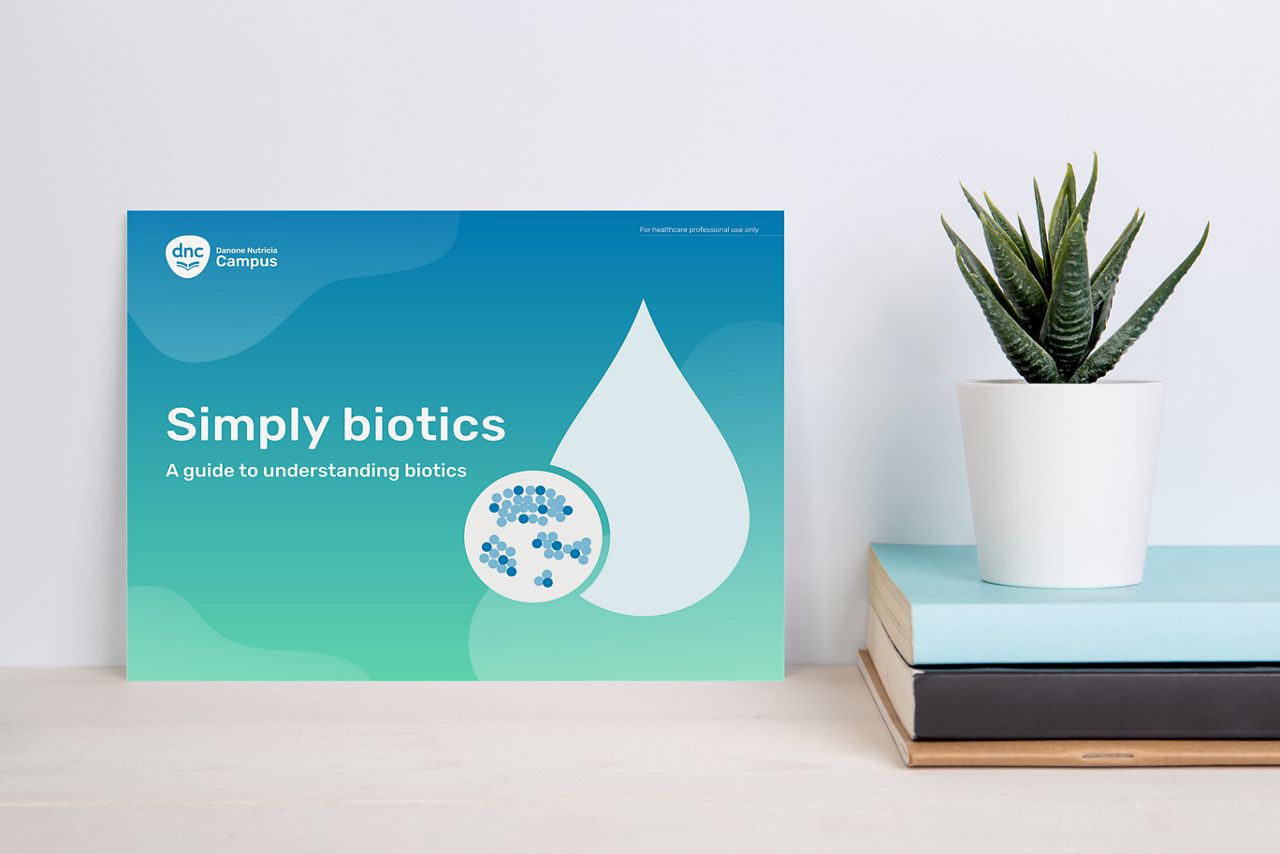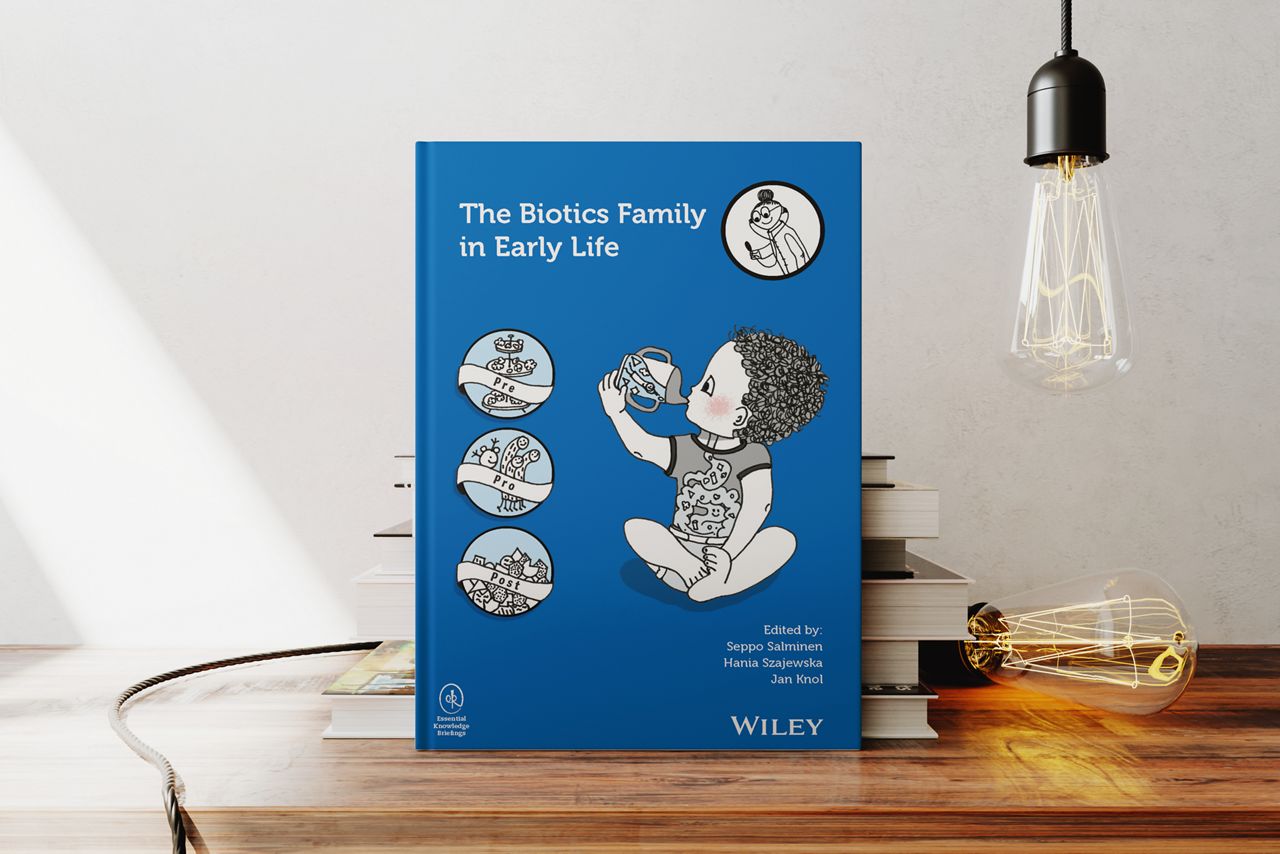Early Life Nutrition
Early-life nutrition encompasses the first 1000 days of a child's life, from conception to their second birthday, as well as the toddler years. As healthcare professionals, it is essential to understand the importance of early life nutrition in shaping the long-term health outcomes of infants and children. Nutrition during the critical period of conception to toddlerhood plays a crucial role in promoting optimal growth and development, as well as reducing the risk of chronic diseases later in life.
 1949704204
1949704204
310 items
138h18m
EN
Related Content
- Items
- Collections
caesarean-section-what-we-know
missOrigin
simply-biotics-guide
missOrigin
Nutrition essentials: C-section delivery
missOrigin
the-feed-early-life-gut-dysbiosis
missOrigin
The role of dietary iron fortification in managing iron deficiency and iron deficiency anemia in early life
infographic
10m
en
Not completed
Look & Latch: Responsive feeding and understanding feeding cues
simply-biotics-introduction
missOrigin
biotics-family-in-early-life
missOrigin
Health care professionals and AI: Adapt or be left behind
The Feed - Caesarean section birth: Optimising health for the mother and infant
magazine
20m
en
Not completed
Nutritional strategies to enhance iron absorption
spotlight-lipids
9 items
en
Not completed
spotlight-biotics
spotlight-c-section
11 items
en
Not completed















